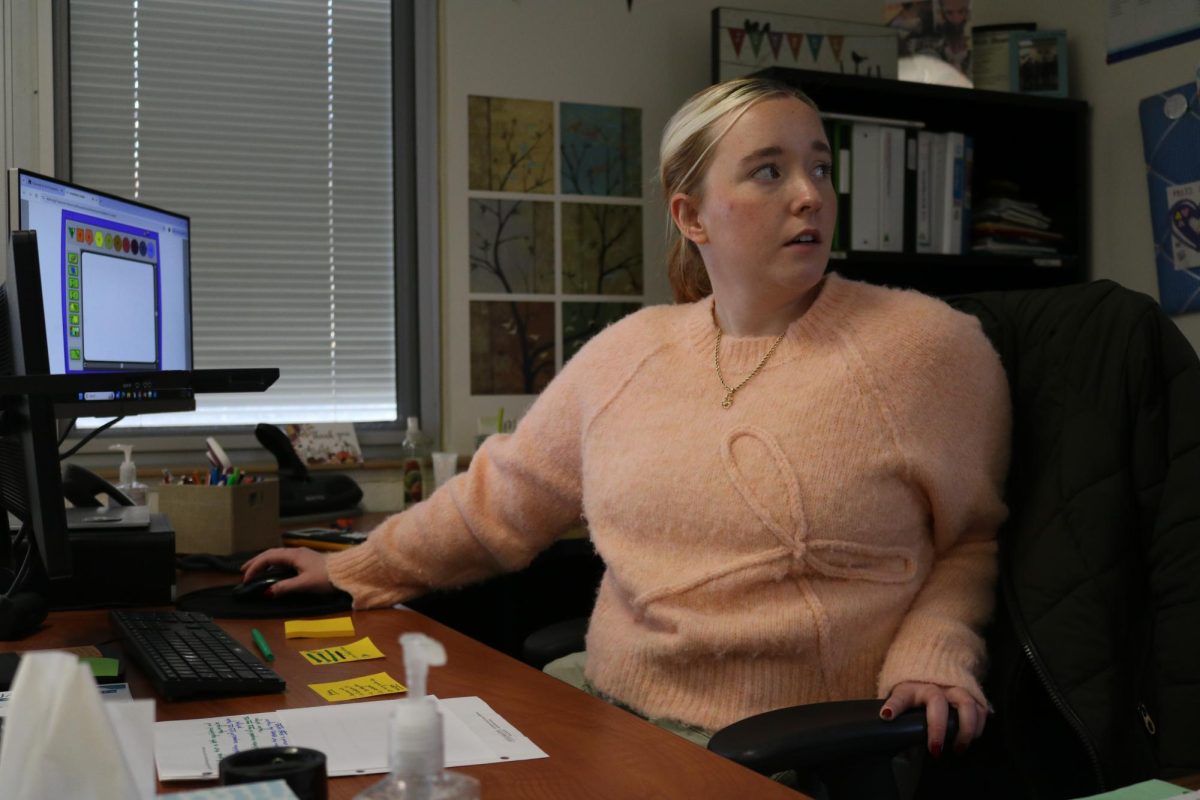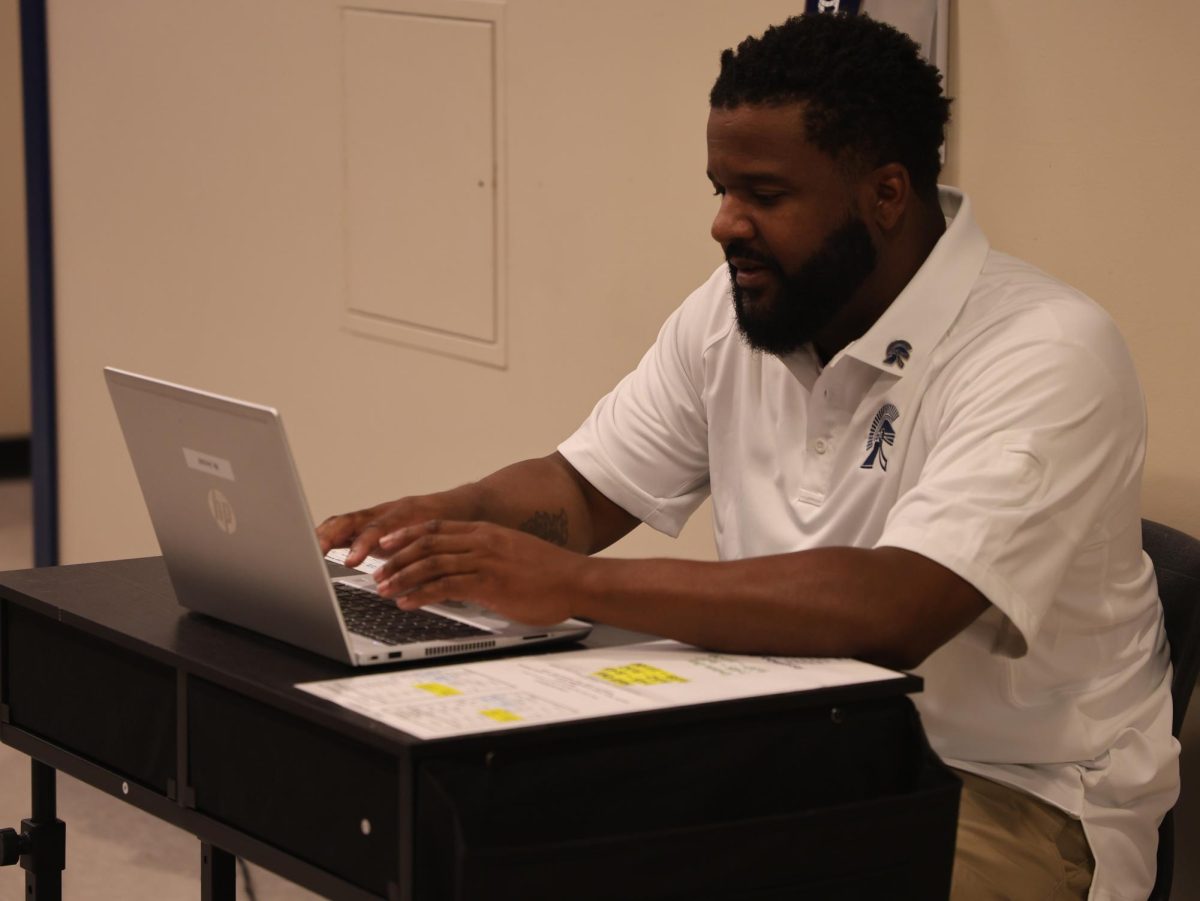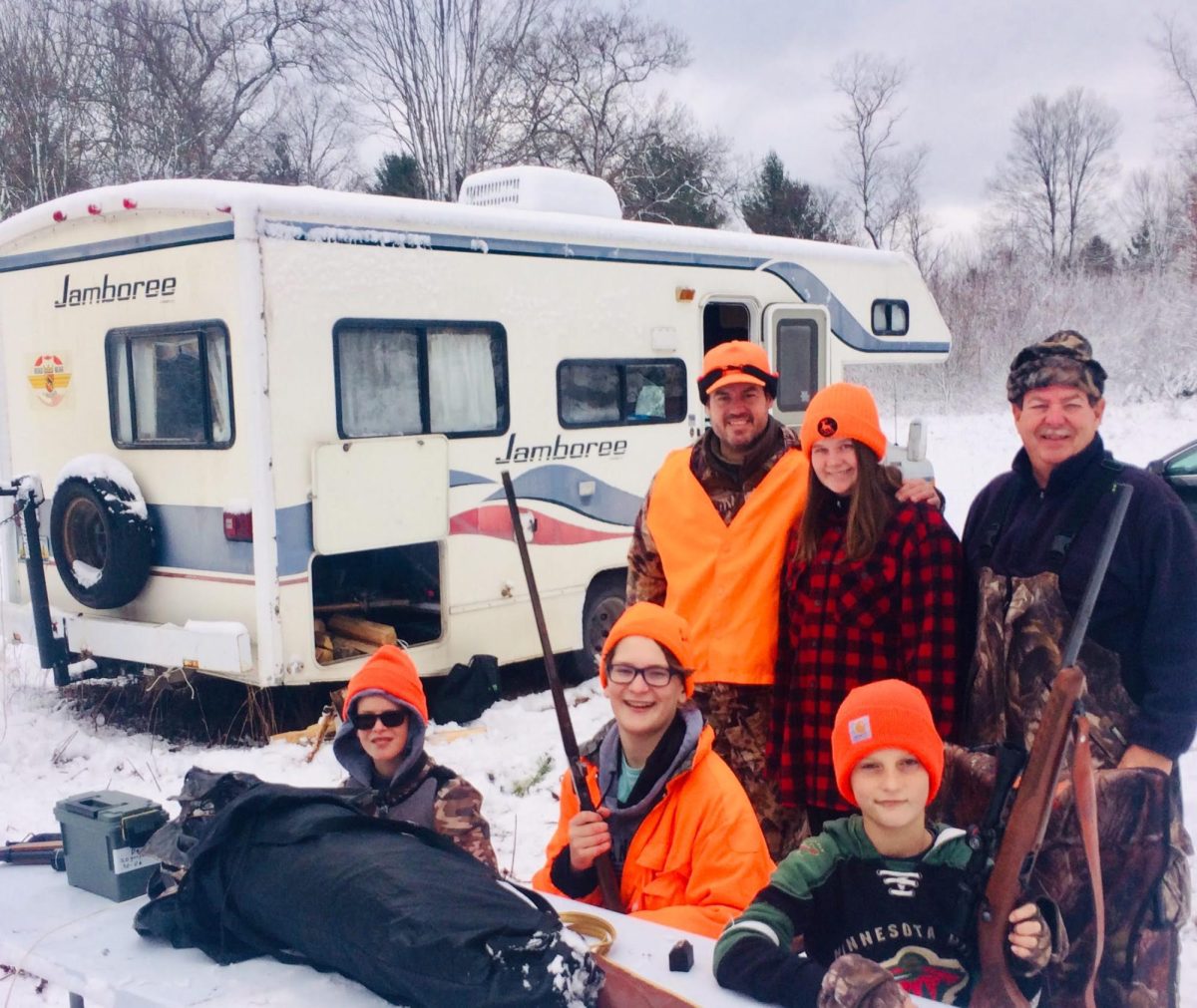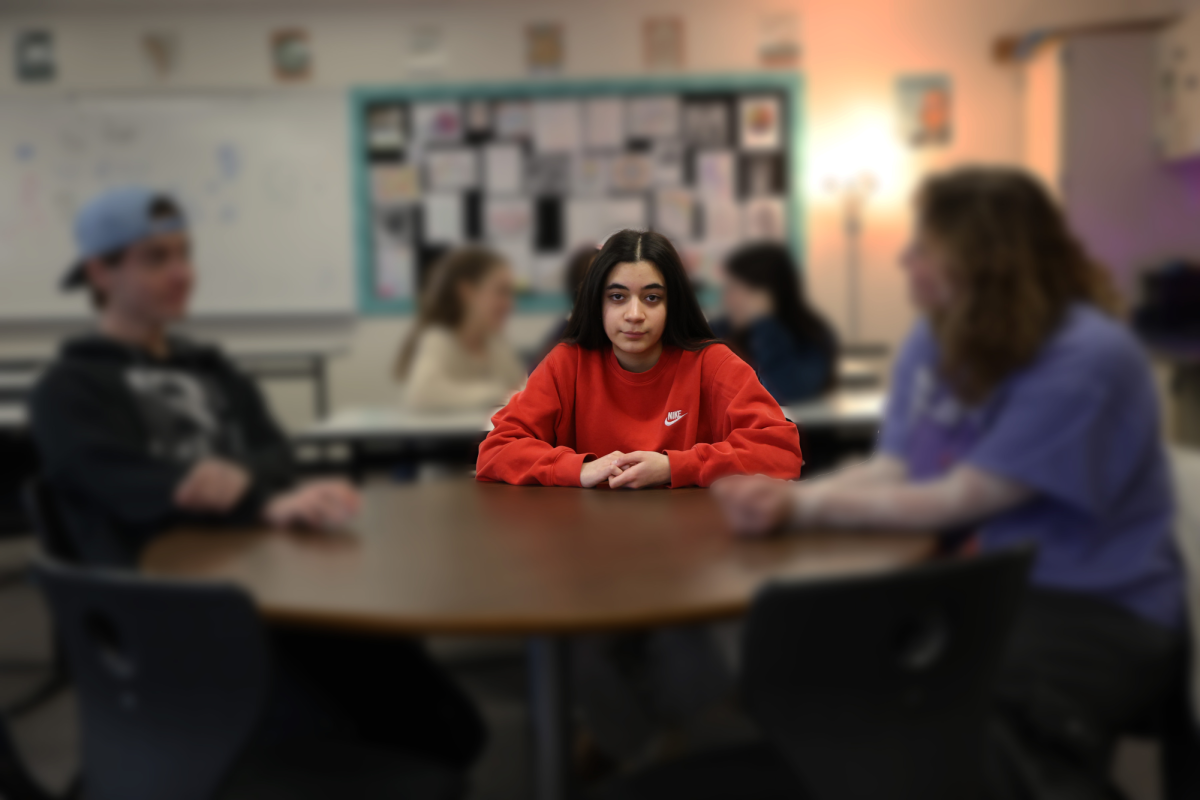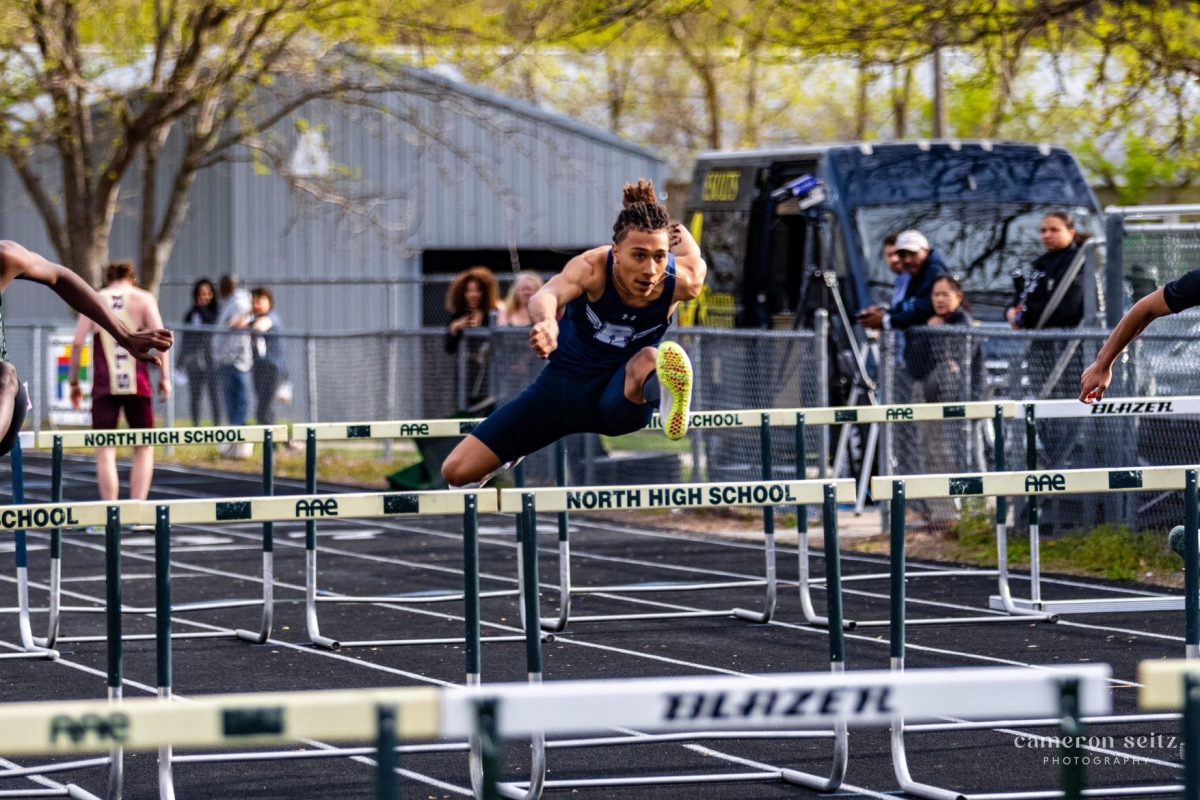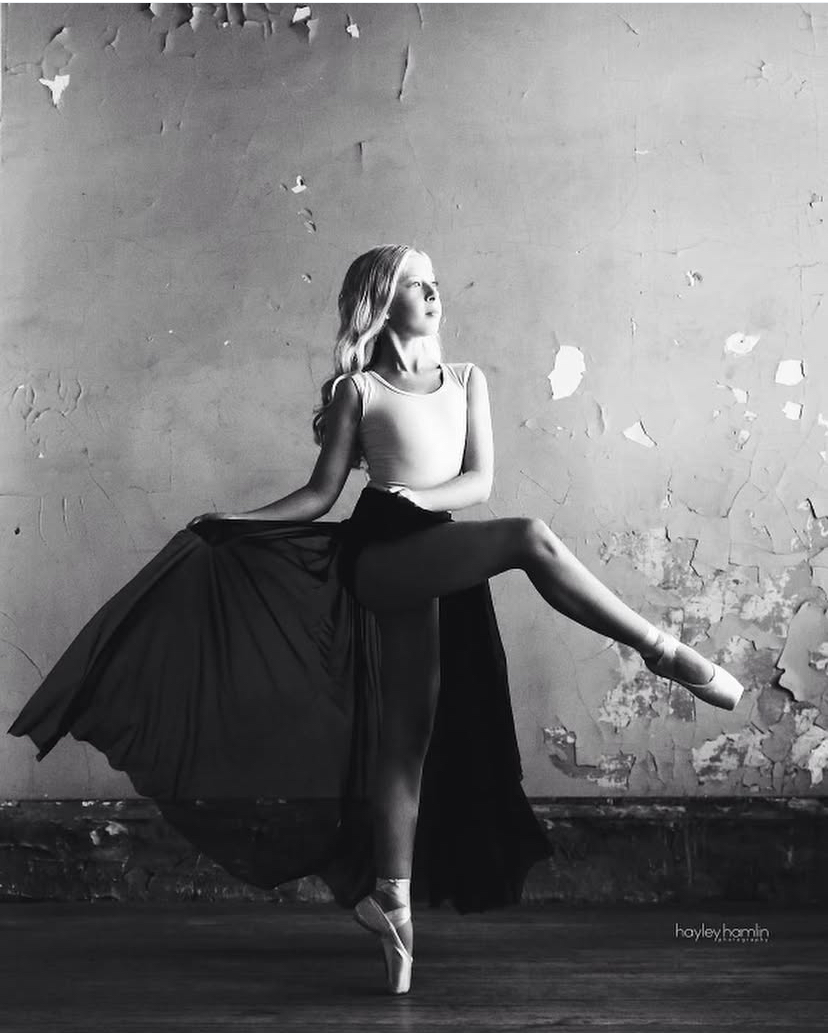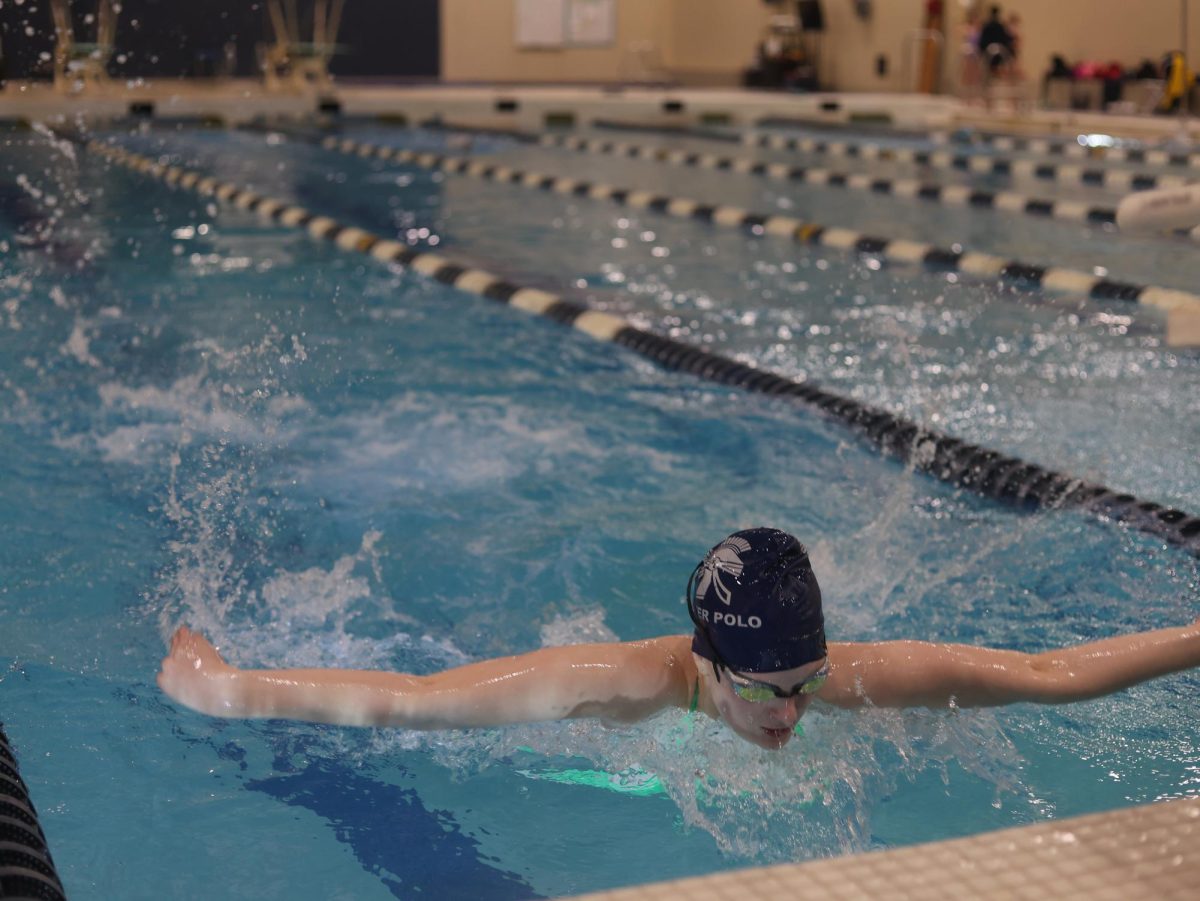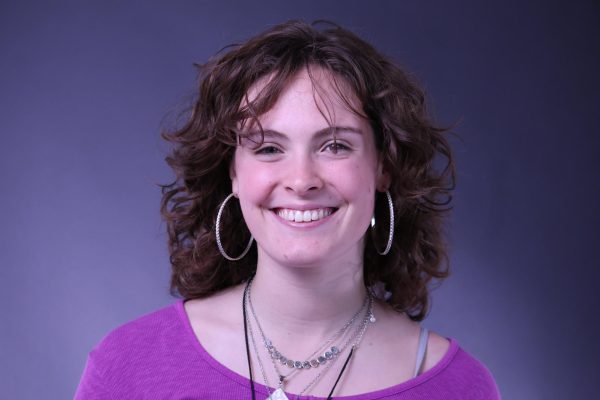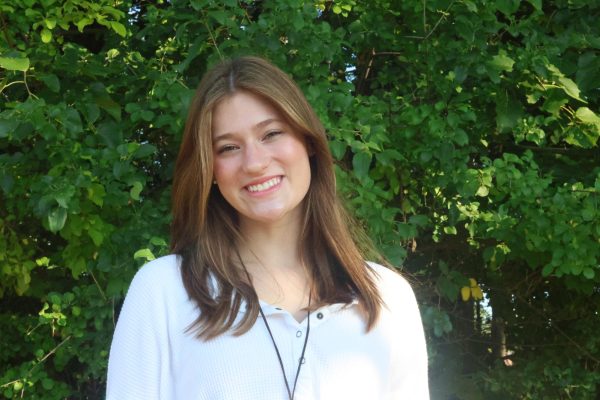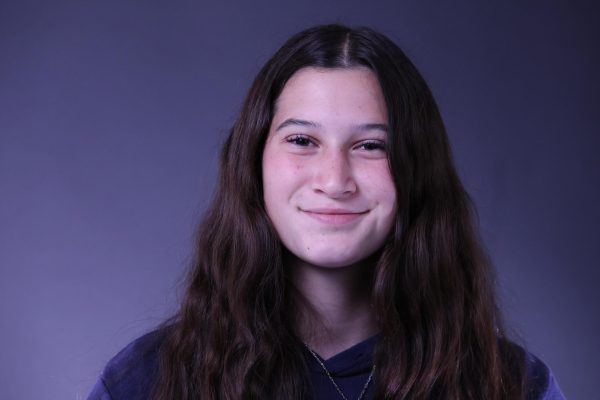This year, you may have walked into class to find an unfamiliar face at the front of the room. You may be wondering: who are they?
Thirteen students from MSU have come to ELHS through the internship program, offering them a firsthand look at the world of teaching. From the science department to the math wing, these future educators are getting an early taste of what it’s like to lead a classroom of their own. Portrait spoke with three of them to learn more about who they are—not just as teachers, but as people.
On a first name basis:
When he’s with his students, English intern Danilo prefers to be called by his first name and nothing more.
This choice reflects his belief in mutual respect, something he rarely experienced during his own education but strives to offer his students.
Growing up, Danilo attended a public middle school before transferring to a private high school. He observed significant differences between the two educational environments.
“I always thought there could be room for change and improvement,” Danilo said. “Growing up, it was very much ‘this is what we’re doing. This is a worksheet, fill it out, turn it in, next worksheet.’ It was just the same cycle. They were never adjusting to a student’s needs.”
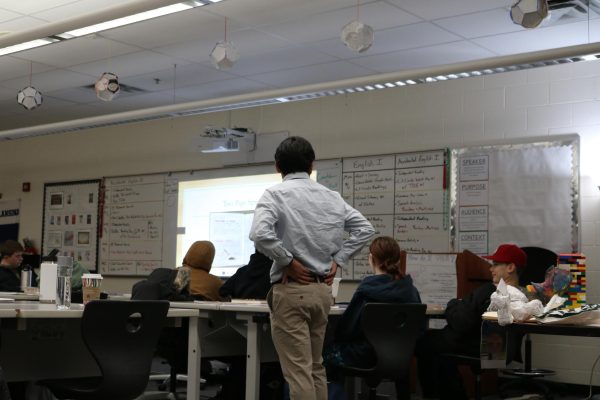
need of help during a lesson on Dec 4. Danilo primarily teaches freshmen and
sophomores with mentor teacher Steven Neal. (Photo by Soleil Schwartz)
From his educational experiences, Danilo drew one key lesson: he wanted to become a teacher. He wanted to provide students with what he and his peers lacked—a teacher who listened, fostered growth, and tailored teaching to individual learning needs.
“My goal is to make a positive impact on the students, not when it comes to the content, but when it comes to them growing up and being
able to take that next step in life,” Danilo said.
In high school, Danilo struggled with English and excelled in math, but his experience with film showed him the freedom that comes with English.
“A few years ago, I was a film major, and there was a lot of interpretation—going beyond what’s shown, thinking, inferring, all that fun stuff,” Danilo said. “I know with English, there’s just so much freedom to do that as well, but you have to have concrete evidence.”
This year, Danilo is working alongside experienced English teacher Steven Neal, learning how to make a meaningful impact on students—not just through teaching, but also by listening. It was during this time that Danilo decided to drop the formal “Mr.” and go by his first name.
“I’ll always want my students to call me by my first name because I feel I should have the exact same respect for the students that they have for me,” Danilo said. “I think respect goes both ways, and until it’s earned by the teacher then maybe the mister can come in front of it. Until then, Danilo is just fine.”
“Came here for the school, fell in love with the state:”
From exploring the glass tanks of the Shedd Aquarium to wandering the vast exhibits of the Museum of Science and Industry, Ella Bullard
has had a passion for learning from a young age. As someone full of questions, it was no surprise to Bullard when she discovered her love for teaching.
“It was like a calling,” Bullard said. “There’s that ‘a-ha!’ moment.”
Shortly after arriving at Michigan State University (MSU), she joined the Outdoors Club, where she embarked on road trips and excursions that took her deep into Michigan’s diverse ecosystems. As she ventured through forests and explored the shores of the Great Lakes, she began to form a deep connection to the state’s natural beauty.
“In case people didn’t know, people outside the state of Michigan gawk at how pretty it is. I think it’s fantastic. You guys have so much going on here,” Bullard said. “I came here for the school and fell in love with the state.”
In the classroom, Bullard makes sure to apply science to the real world so her students can grasp a better understanding of what’s happening around them.
“I want you to feel like a scientist, because no matter where you are in life, you’re always doing science,” Bullard said. “If you have a question and you have to figure out an answer for it, you’re doing science.”
In her few months at ELHS, Bullard has worked with science teacher Heather Mueller. During this time, Bullard feels Mueller’s influence has made a mark on her own teaching.
“Ms. Mueller has taught me a lot in both classroom and materials management, but also in character,” Bullard said. “[In teaching,] you need to figure out what works best for you, and what pieces of your mentor teacher you want to take with you.”
With Mueller’s guidance and her own growth as both an educator and an individual, Bullard is focused on making a lasting impact on her students, preparing them for whatever comes next—whether it’s science related or not.
“At the end of the day, my goal is to get my kids ready for whatever their next step in life is,” Bullard said. “Wherever you’re going to go, I want you to have these skills in your back pocket so that you know how to solve problems.”
Tasked with teaching:
Claire Ackerman’s cursor hovered over the math major option as she sat at her computer, ready to enroll at MSU. It should have been a no-brainer–math had always been her strongest subject. But one question held her back: what would she do with a math degree?
Little did she know, she would soon find out.
“It kind of fell into my lap,” Ackerman said.
After being offered an Undergraduate Learning Assistant (ULA) position at MSU, Ackerman discovered a passion for teaching she hadn’t explored much before.
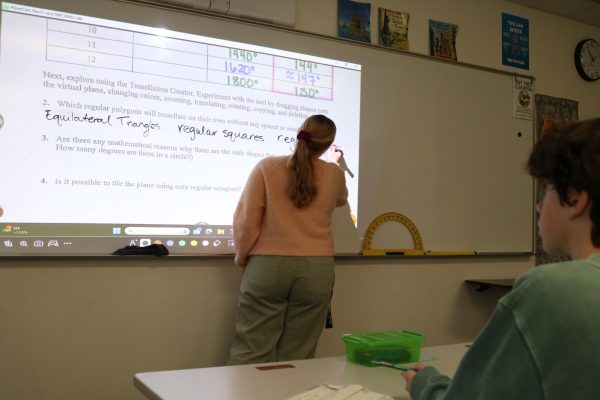
“MSU knew that I liked math, and I knew I liked math, that was my major, but I didn’t really know what to do with math,” Ackerman said. “The more responsibility I had, the more I enjoyed [teaching] and could see myself actually doing something with my math degree,
which was a change.”
At ELHS, Ackerman was placed with math teacher Jodi Wheeler, who she previously worked with at the high school. With Wheeler by her side, Ackerman feels she has someone to rely on when teaching gets tough.
“I feel very under [Ms. Wheeler’s] wing,” Ackerman said. “When I don’t know what I’m doing, I see Ms. Wheeler. She’s been wonderful to me and she pushes me to make my own decisions and act as a teacher on my own.”
Due to her experience with education in college, Ackerman feels she has to adapt her style to better suit high-school students, but also stay true to herself.
“I’m there for the support, or the scaffolding, but also letting them have some sort of agency over their own learning,” Ackerman said. “It’s a hard learning curve for me, like if a kid isn’t turning in their homework, I can’t just let it go like in college. [In college,] if someone’s not doing their work, it’s not my problem.”
But for Ackerman, teaching isn’t just about education. She also sees it as an outlet to connect with younger generations and gain insight into their experiences and emotions on current times.
“I feel pretty progressive and in touch at this moment because I’m in my early 20s, but when I’m 50, I hope that I can still learn from the high school generation and hear from younger voices,” Ackerman said.



